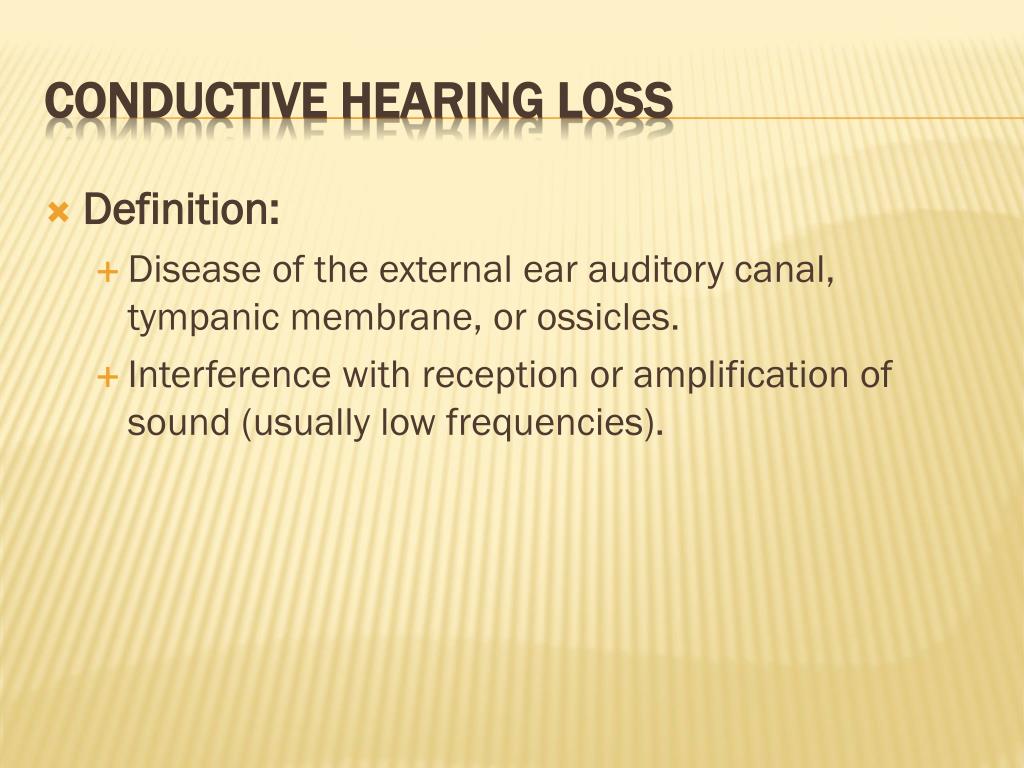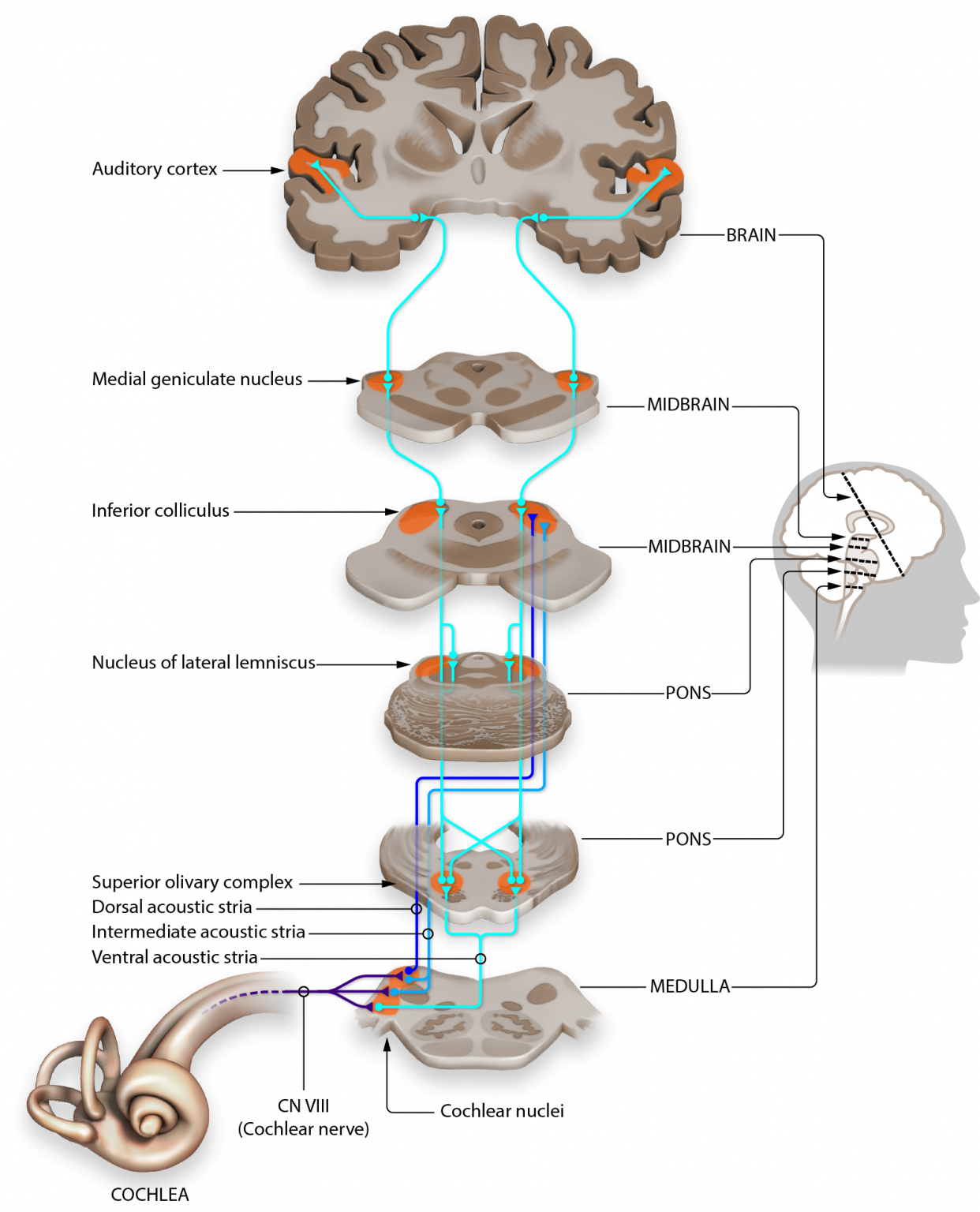

Produced by the British Psychological Society in its Code of Ethics and Conduct (2006) and Code of Human Research Ethics (2014). The ethical guidelines that cover the work of all practising and research psychologists. British Psychological Society (BPS) guidelines It also controls bodily functions such as breathing and heart rate. Brain stemĪt the base of the brain, this is the part that is connected to the spinal cord and controls messages between the brain and the rest of the body. Also a commonly used term for non-verbal communication. Body languageĬonscious and unconscious postures, gestures and movements that express thoughts, attitudes and feelings. Bipolar depressionĪ mood disorder that causes a person’s mood, energy, and activity levels to move between being emotional highs/mania and lows/depression. Sensory information that allows perception of depth or distance and is received from both eyes. The way a person, group or species acts in response to a situation or internal/external stimulus. Numerical values are represented by the height or length of lines or rectangles. Bar chartĪ type of graph that is used to display data in discrete categories. This results in the behaviour becoming associated with the discomfort and therefore being less likely to be engaged in, in the future. The person experiences some form of discomfort when carrying out the undesirable behaviour. Aversion therapyĪ treatment to help people stop undesirable behaviours (eg substance abuse). A system of nerve fibres running throughout the body, it connects the senses and the internal organs with the central nervous system. The part of the peripheral nervous system that is responsible for autonomic functions. Autonomic functionsīodily processes that happen without our conscious control – such as breathing, digestion and heart rate. When a person has the right to give orders and be obeyed, or when they are perceived by others to have the right to do so. Authoritarian personalityĪ type of person who has a strong belief that authority figures should be obeyed, has a need for strong leadership, traditional views about right and wrong, and looks down on people they view as of lower status than themselves. Auditory area (of the brain)Īn area of the temporal lobe that receives and processes sounds.

The reasons we use to explain situations and the behaviour of ourselves and others. This cognitive process results in an existing schema having new information added to it. When new information is received, or a new situation is experienced, a type of learning happens. Most often it refers to the desire to eat food.

AppetiteĪ desire to meet a physical need. Antisocial behaviourĪcting in ways that are socially unacceptable, differs from social norms and fails to respect other people’s rights. AntidepressantsĪ form of medication used to prevent and treat depression and some other conditions (eg anxiety, OCD). Information collected for research cannot be connected to the participant. Anonymityīeing unknown to most people not able to be identified. Ambiguityīeing able to be interpreted or understood in more than one way. It is the opposing statement to the null hypothesis and it is accepted if the evidence in the research data is significant. Alternative hypothesisĪ hypothesis that predicts a relationship between two variables will be found. Allocation to conditionsĪssigning participants into each of the conditions in an experiment. The ability to choose, carry out and control our own actions. Withdrawal symptoms will occur without regular use of the substance, or engagement in the behaviour. People with an addiction become entirely focused on the substance or behaviour. Addictionīeing unable to stop or control substance use, or a frequently repeated behaviour. Being adaptive increases that individual's chances of survival and successful reproduction. When an individual's physical or psychological characteristics are able to change in order to fit different situations and environments. This cognitive process results in an existing schema being changed or a new schema being developed. 12-step recovery programmesĪ type of self-help group that gives group members 12 principles to follow in order to be able to stop using drugs, alcohol, etc. Students are also encouraged to use other relevant psychological vocabulary in their answers.

Only the terms stated in the specification are included in this list. Students should be familiar with, and gain some understanding of, these terms in relation to the topics that they study. All terms stated in the specification can be used in the exam.


 0 kommentar(er)
0 kommentar(er)
